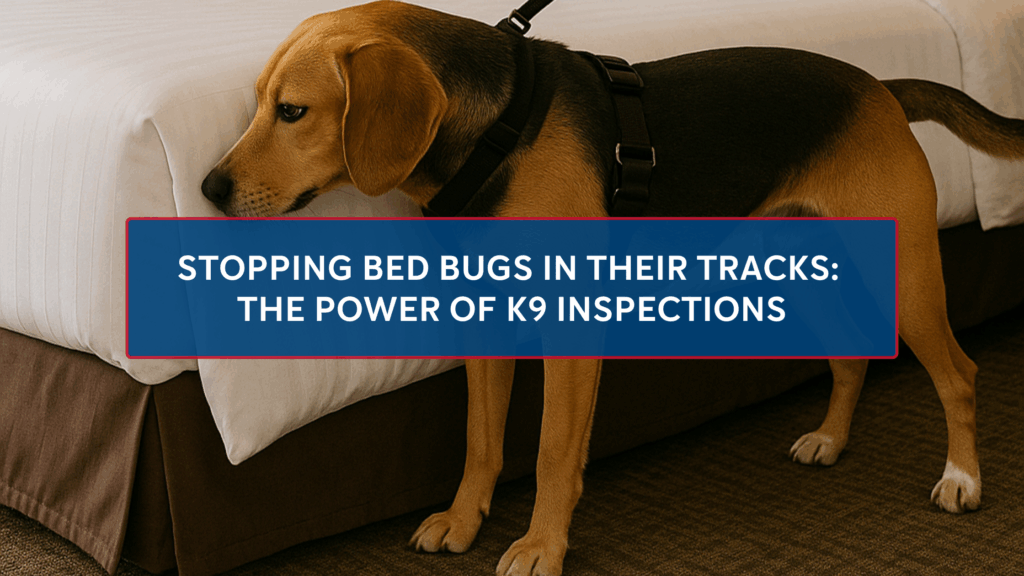
In Florida, where warm temperatures and humidity create ideal breeding grounds, the prevention and control of mosquitoes is imperative for ensuring the comfort and safety of ourselves and our communities. To tackle this challenge, people ask: What is the best method for mosquito control?
Let’s examine this question more closely.
A Snapshot of The Menace
Mosquitoes are small flying insects belonging to the Culicidae family. They thrive in moist environments and are most active during dawn and dusk. Female mosquitoes are the ones that bite you since they feed on blood to nourish their eggs. Both males and females typically feed on nectar to obtain sugar as an energy source for flying.
There are over 80 varied species of mosquitoes known to habitat in Florida, with many transmitting diseases.
The species most prevalent include the Aedes aegypti, Aedes albopictus, and Culex quinquefasciatus (a.k.a. the southern house mosquito). Each has its preferred breeding habitats, which range from standing water to marshes and ponds.
Community Mosquito Control Measures
Prevention and control of mosquitoes is necessary to reduce the risk of contracting diseases. Plus, it helps ease the financial burden on local governments who are responsible for mosquito control and promotes safety in your community.
For proper prevention and control of mosquitoes, Florida residents should practice an integrated pest management (IPM) program. This structured and highly effective mosquito program utilizes a combination of methods each of us can implement.
As a responsible Florida homeowner, let’s take a closer look at mosquito control measures we can employ in our community to promote safety and keep these bloodsuckers at bay.
Integrated Mosquito Management (IMM)
Integrated Mosquito Management is a holistic approach to the prevention and control of mosquitoes. It combines mosquito control methods at home with chemical repellents to reduce mosquito populations effectively while minimizing environmental impact.
Phase 1: Source Reduction
The most effective mosquito control at home is eliminating breeding sites. Florida homeowners should regularly inspect their properties for any standing water, including flowerpots, birdbaths, gutters, and discarded tires. Removing or draining water sources dismantles potential locations for females to lay eggs.
Phase 2: Biological Control
Introducing natural predators can help keep mosquito populations in check. For example, if you have a pond or water feature, you can add mosquito-eating fish like Gambusia affinis (mosquito fish) to reduce mosquito larvae.
Phase 3: Chemical Control
Chemical control of mosquitoes involves the use of insecticides to kill adult mosquitoes or larvicides to target larvae. Keep in mind it’s important to use these products thoughtfully and according to manufacturer’s instructions to minimize harm to insects that are beneficial, and to the environment.
Phase 4: Personal Protection
Wearing long-sleeved, light-colored clothing, using the best mosquito repellents for humans that contain DEET or picaridin, will help prevent mosquito bites. Be sure to read the label for reapplication instructions.
Phase 5: Community Engagement
Mosquito control measures start in your own community and are most effective when everyone works together. Participating in local mosquito control programs, reporting mosquito breeding sites, and educating neighbors about mosquito prevention and control can contribute to a safer environment for families, kids, and pets.
Ultimately, homeowners who take responsibility for identifying and eliminating sources of mosquito populations around their homes and neighborhoods will contribute to enhanced health and quality of life for their community and other Florida residents.
Examples of Effective Mosquito Control Methods
Now let’s review a few mosquito control methods that have proven effective for Florida homeowners.
Mosquito Traps
Mosquito traps, such as those using CO2 or UV light, are designed to attract and capture adult mosquitoes. Place traps strategically around outdoor living areas for the prevention and control of mosquitoes.
Mosquito Nets and Screens
Installing mosquito nets over beds or outdoor seating areas provides an additional layer of protection against mosquito bites. Similarly, ensure proper screens are installed on your lanais, windows, and doors to prevent mosquitoes from entering your happy place.
Outdoor Fogging
Outdoor fogging involves using a fine mist of insecticide to kill adult mosquitoes. Use this method sparingly and in accordance with local regulations to minimize any adverse effects on the environment. We highly recommend consulting with us first before exploring this strategy.
Water Management
Proper water management is key to the prevention and control of mosquitoes. Examples include maintaining swimming pools, ponds, and other water features to prevent stagnation. Regularly walk around your yard and empty any containers (pots, buckets, garbage cans, gardening equipment) that collect rainwater.
Mosquito Control Near Me
Controlling mosquitoes in Florida can be challenging. At the end of the day, the best method for prevention and control of mosquitoes requires a multifaceted approach that combines practical things you can do as a homeowner and professional chemical control of mosquitoes when the infestation is too severe to manage on your own.
For professional, local mosquito control look to Turner Pest Control. Our technicians are trained to handle all types of pest issues and are especially attuned to eradicating mosquitoes.
We offer the best mosquito-repellent devices you can find on the market through our MistAway and ThermaShield programs, available in select markets. Utilizing innovative technology to target and eliminate mosquitoes, our program will provide you with lasting relief from these pests.
Remember, in the battle against mosquitoes, taking proactive measures and working together are your best strategies.
Contact us for more tips or to eliminate mosquitoes for good! Call (800)335-5305 or schedule a free inspection here.



